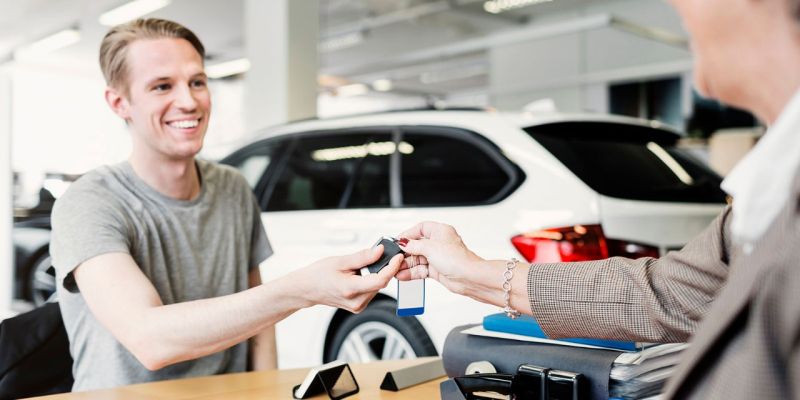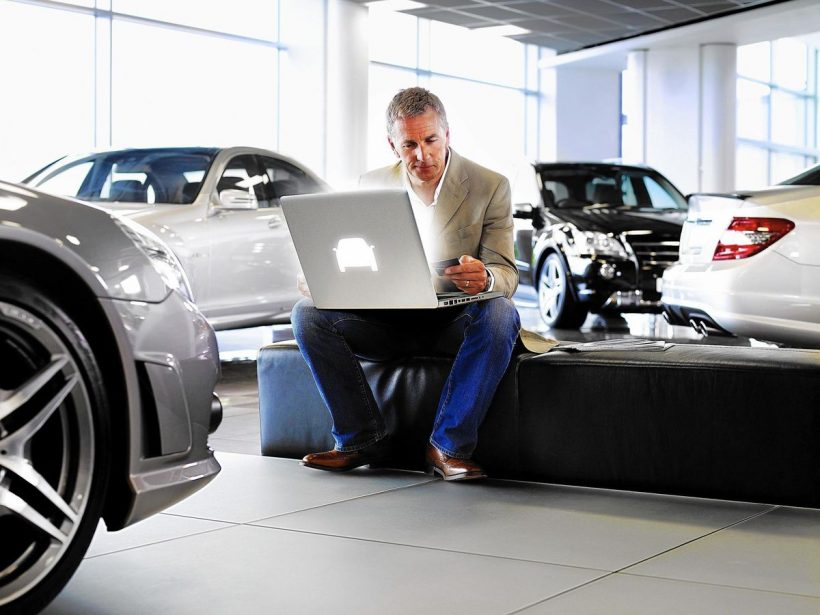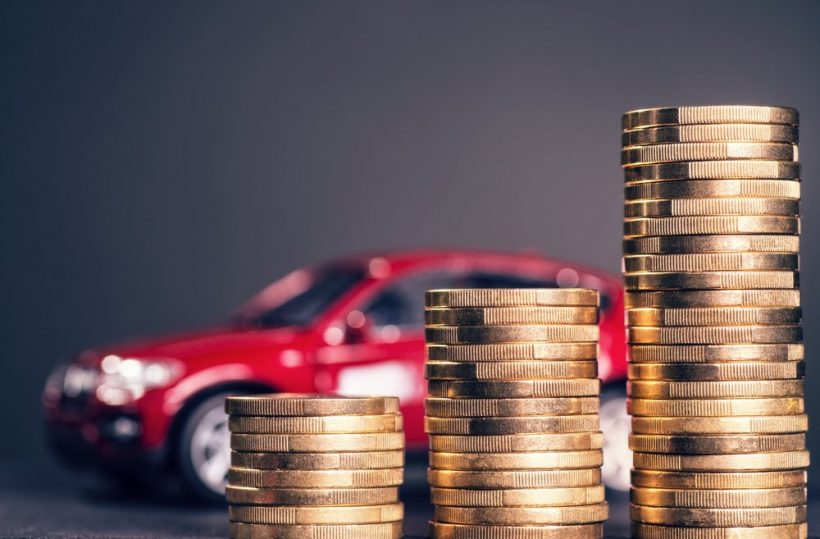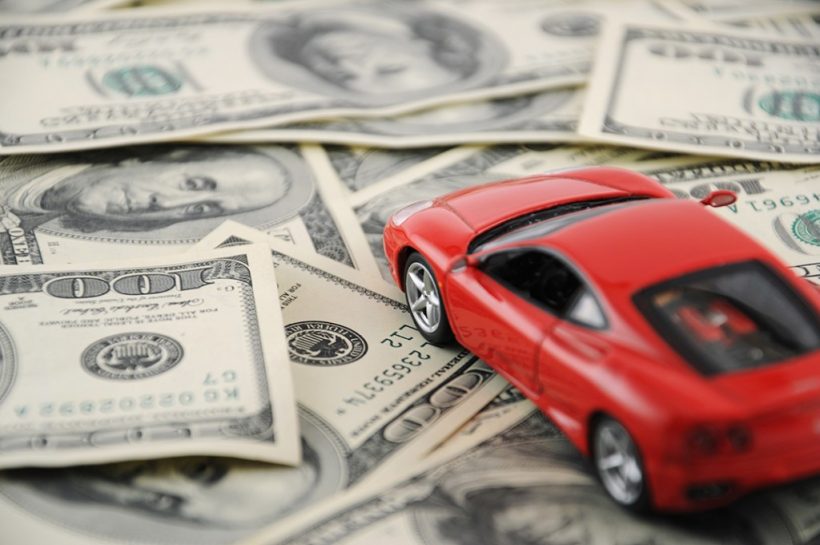If your car has broken down and is irreparable, you’re likely considering getting a new one. The problem is, you’re not financially prepared to make the purchase, and now you’re looking for ways to acquire a vehicle that won’t eat up your savings. Because a car is a necessity, here are just some of the ways you can buy a good one without giving up an arm and a leg for it:
1. Put More Thought Into It

Reckless or impulse buying is the easiest way to blow your money on something you don’t need. Your current situation should determine the type of car you’ll get. Think about why you need the vehicle and what purchasing it now could mean for you in the long run. Do you have a big family with more than two children as well as a pet? Or are you living alone and using your car for your livelihood?
Although a car can be considered a necessity, it can turn out to be a luxury if its make and model don’t match your economic capability. You can look into several car dealerships and make a list of models that are appropriate to your needs and lifestyle. Also, take note of your preferences, such as the features or color you want. Narrowing down your choices will allow you to make a good decision in the end.
2. Consider Opting For A Used Car

What most people don’t know is that cars often get priced more than what they’re worth. Brand-new cars come with many tantalizing features that can fool you into thinking that they’re worth spending a lot of money on. When a vehicle has a flawless paint job, shiny leather seats, heavy-duty tires, a surround sound audio system, and similar components, this may cause dealerships to top up the price even more. But given that you only need the car for transportation, are all those features worth your savings?
If you’d like to make the best financial decision, a used car is the practical choice. Car dealerships will offer you older models, but only at a fraction of the price of brand-new ones. And aiming for older or used vehicles isn’t bad, especially if they’re still in good working condition. You can try this website and others like it to find out what pre-owned cars are available to you.
3. Take The Time To Research
A car is a big purchase you shouldn’t be hasty about because you can make costly mistakes. Ideally, you should take a few weeks to research car offers at local dealerships before you decide to buy a particular vehicle. Buying local is better and easier, too, since you don’t have to travel far to get what you need.
The local car market may have choices for you at prices that are right for your budget. If you can find private individuals who are selling their car in a rush, all the better. Online and offline listings within your area are worth checking out. Of course, you must exercise caution at all times to keep yourself safe from scammers, who tend to make offers that are too good to be true. Remember that they’re the type to ask for money upfront if you’re looking into a car from an out-of-town seller.
When searching for reliable local dealerships, read the reviews on their website if they have one, and check the establishment’s reputation before giving them your business.
4. Make An Ample Down Payment
If you want to save more on the car you want, you can make a hefty down payment to lower the following monthly dues, including the interest. This is a consideration you can make if your income is only slightly more than what you need for your living expenses. While it could mean waiting until you have enough money saved to put toward the car, the monthly costs afterward won’t be so hard to shoulder.
A down payment can also offset the need for guaranteed asset protection (GAP) insurance because if your debt is more than the purchase value, the insurance company will pay for whatever damage you cause. That is, if you get into an auto accident within the first year of ownership, you’re likely to pay more if you’re not paying for GAP insurance. If you’re purchasing a used car, GAP won’t be of use to you because the car would further depreciate in just a few years.
5. Exclude The Add-Ons

Anyone who has bought a car at a dealership knows that dealers will want to sell them more than the car they want. You may have sat down in the back office of a dealership, ready to purchase a certain vehicle, and then you’re suddenly told about warranty, protection plans, and other similar products.
Car dealerships make extra profit from such add-ons, and the sales talk can convince people to shell out more money if they don’t have a clue about what’s really going on. Some people may also be unaware that those add-ons are often overpriced. You have to know what you want and what you don’t need so you’ll be able to say no to add-ons without a problem.
Since dealers may offer long-term loans you might not be able to afford, be mindful of those as well. If you’re worrying about extended warranties, you can buy them later when they’re about to expire within a few years. Take your time in finding out the cost of warranty from other dealerships to determine if you’re getting a good deal or not. Taking these measures will help you avoid paying extra for services you won’t need until later.
6. Choose The Right Financing Option

If you only need a car to get from one place to another and you don’t mind that it’s not under your name, there are excellent financing options you can go for. You can even choose to drive the car of your dreams, even if it’s costlier than other models. This is possible through PCP and PCH.
With personal contract purchase (PCP) financing, also known as hire purchase, you can deposit up to 40% of the car’s value, and the agreement typically lasts up to four years. The grantor would ask for the mileage you regularly consume to calculate the cost of your monthly payments, allowing you to avoid extra expenses. You also have the option to own the car if you want it.
With personal contract hire (PCH), the duration of the leasing contract is similar to PCP, but you don’t need to put forth a deposit, and the monthly payments are lower. Unlike PCP, this agreement doesn’t offer you the chance to own the car.
In Conclusion
Buying a car doesn’t have to cost so much. If you give yourself enough time before purchasing, you’ll be able to find more cost-effective options you may have never thought of exploring. And if you make smart choices, you can get what you want in a car without going over your budget.

